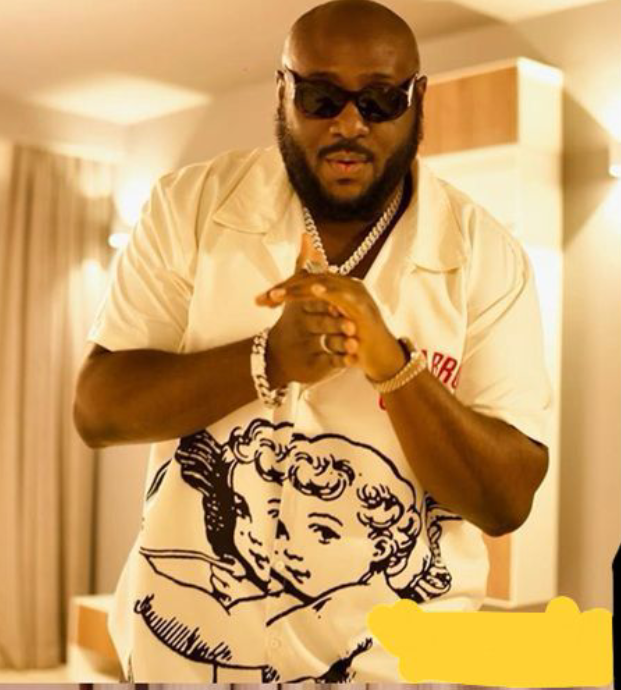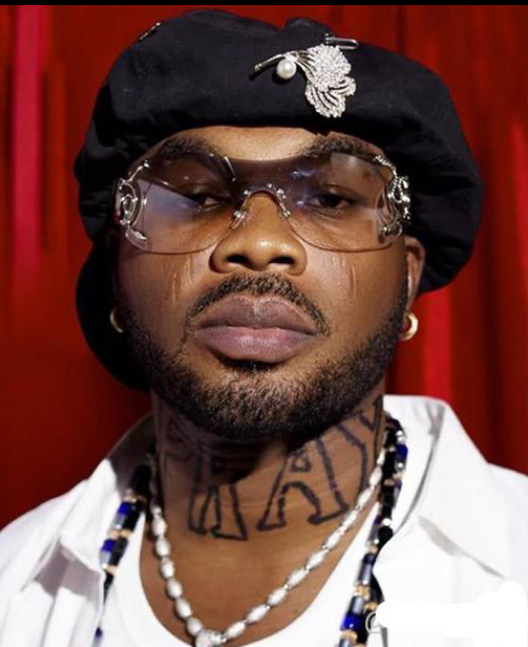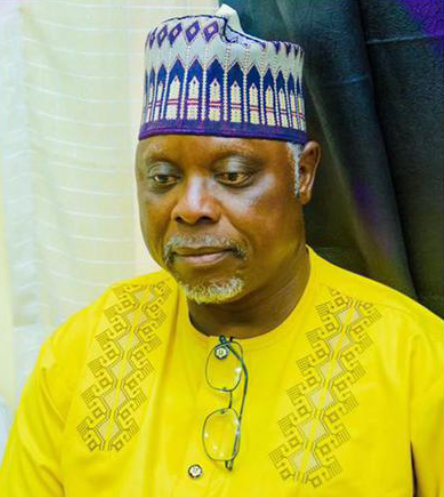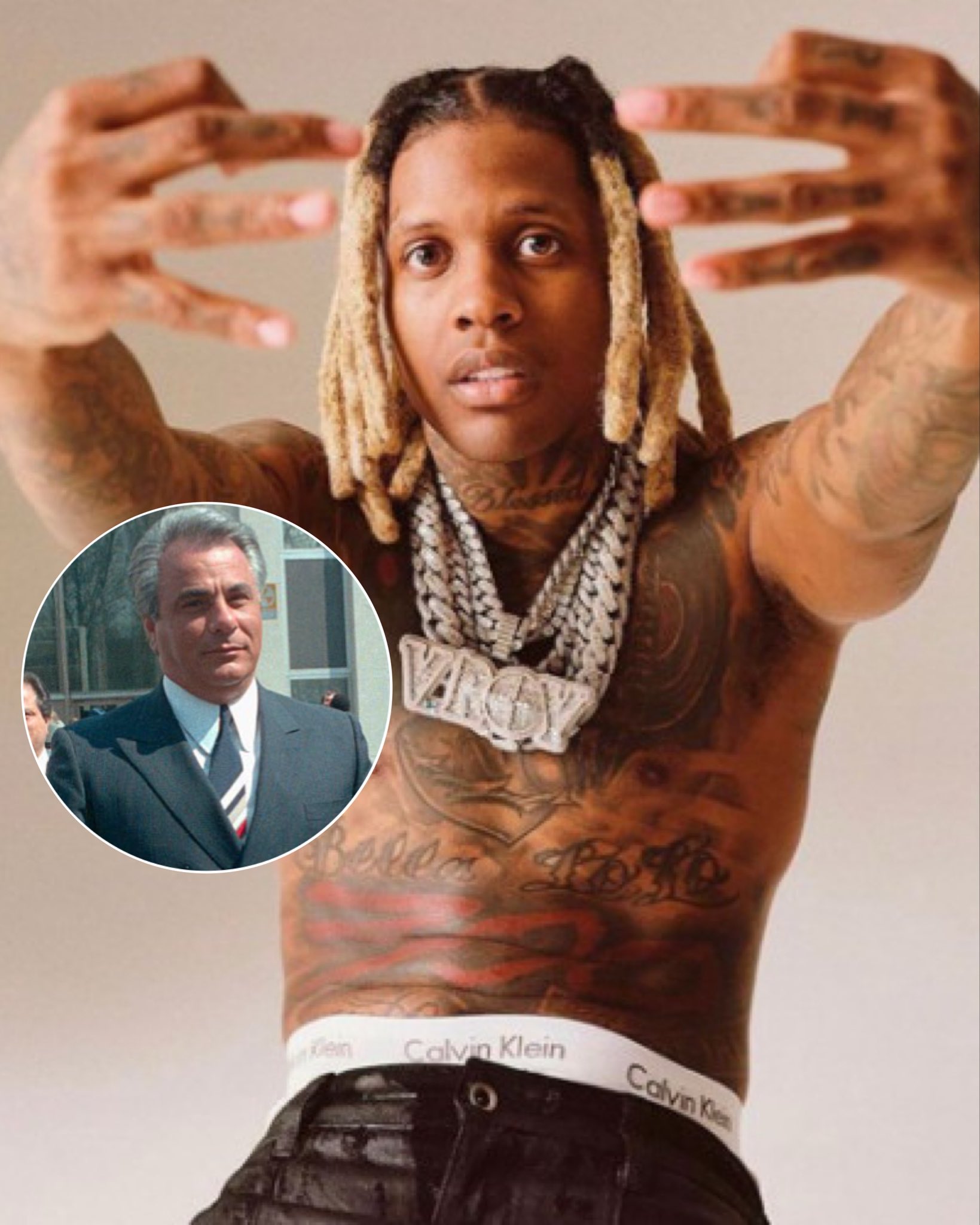
“Not an Escape Route”: DJ BigN Slams Trendy DJs Chasing Fame Without Passion for Music

In a bold and striking message that has ignited serious conversation within Nigeria’s entertainment scene, celebrity DJ and music curator DJ BigN took to social media to express his growing concerns about the influx of “weekend DJs” and clout chasers diluting the essence of the profession. In a post that has now gone viral across Instagram and X (formerly Twitter), DJ BigN wrote, “Everybody now wants to be a DJ. It's not an escape route, it's not a plan B. If you don't have deep love for music, you will be a flash in the pan.” That simple but searing message has since sparked debate on the direction modern deejaying is taking, and the rise of what many call “amapiano-only DJs.”
DJ BigN, real name Nonso Temisan Ajufo, is one of Nigeria’s most respected disc jockeys and is widely known for his affiliation with Mavin Records and his work with artists like Tiwa Savage, Rema, and Don Jazzy. But more than just a hype man or celebrity figure, BigN has built a career around music curation, genre knowledge, and a rich understanding of sound evolution across continents. Which is why his recent comments hit harder than usual — they come from someone who has paid his dues in the game.
In the viral post, BigN didn’t just throw jabs — he educated. “Build your crates,” he said, referring to the tradition of crate digging — a term used among DJs to describe the deep, obsessive search for hidden gems, classics, and rare records that make up a DJ’s unique arsenal. In a world now dominated by streaming platforms, where anyone can throw a playlist together and call themselves a DJ, BigN is reminding the new generation that true DJing is about storytelling, understanding tempo, rhythm, crowd control, and most importantly, having an undying love for the art.
His message comes at a time when deejaying has become one of the trendiest professions in Nigeria’s entertainment landscape. From small-town parties to high-end Lagos clubs, DJs have transformed into full-blown celebrities, brand influencers, and content creators. Platforms like Instagram Reels and TikTok have made it easier than ever to go viral with a mash-up or beat sync. But in the midst of the glitz and filters, veterans like BigN fear that the core values are being lost.
The line that seemed to ruffle the most feathers was his swipe at amapiano-centric DJs: “Yeah I’m talking to those DJs who think the only music out there is amapiano.” While many agreed with him, others accused him of gatekeeping or trying to downplay the genre’s meteoric rise. But BigN’s point was not about genre hate — it was about versatility. A DJ, he implied, should not ride only on the current wave but should be able to take the crowd from 70s Afrobeat to 90s hip-hop, from Ghanaian highlife to French electronic, and back to amapiano with grace. A one-genre DJ, no matter how trendy, is a limited one.
The reactions came flooding in. Some DJs, especially younger ones, took offense, defending their music style and calling BigN out for being “too traditional.” One up-and-coming DJ from Port Harcourt tweeted, “Not everyone grew up with crates, some of us grew up with USBs. It’s not about format, it’s about vibe.” Others, including veteran DJs like Jimmy Jatt and DJ Neptune, threw their weight behind BigN, applauding him for “saying what needed to be said.”
But this isn’t the first time DJ BigN has spoken out about industry trends. He has long been an advocate for DJ education and professionalism. From organizing workshops to speaking at music business panels, he has consistently pushed for DJs to be seen not just as entertainers but as cultural archivists and curators. In a previous interview, he emphasized the role DJs played in breaking artists, influencing pop culture, and preserving history. So his latest outburst isn’t so much an attack as it is a plea — a plea to protect the integrity of the craft.
Music lovers and event planners also waded into the conversation. One Instagram user wrote, “DJ BigN is right. Last weekend, the DJ at our wedding just played back-to-back amapiano and forgot to even play the couple’s entrance song.” Another added, “Being a DJ now is just about who has the loudest speaker and access to TikTok.”
Still, it’s worth asking: why are so many people suddenly becoming DJs? Part of the answer lies in the accessibility of DJ software, apps, and affordable equipment. With a laptop and some minimal training, anyone can technically start mixing music. Add to that the glamor attached to being on stage, hosting parties, and raking in appearance fees, and it becomes clear why the field is flooded. But as DJ BigN argues, without a deep emotional connection to music, that spotlight fades quickly.
It’s also a reflection of how the Nigerian creative industry is evolving. As unemployment continues to push young people toward alternative careers, many are turning to entertainment — music, acting, comedy, influencing, and DJing — as viable options. But within that rush, voices like DJ BigN’s are reminding people that success in these fields is not guaranteed by aesthetics or trends but by passion, consistency, and depth of knowledge.
DJ BigN’s post may have caused ripples, but it’s a necessary wake-up call. His words reflect the thoughts of many in the industry who worry that the love for music is being replaced by the love of attention. He isn’t against new DJs. He’s against lazy ones. He isn’t anti-amapiano. He’s pro-versatility. He isn’t preaching gatekeeping. He’s calling for gate-opening — but only for those who truly deserve to walk through.
In an industry as fast-paced and fickle as Nigeria’s, where today’s hype can easily become tomorrow’s meme, DJ BigN is pushing for longevity over virality. And in doing so, he’s setting the stage for a new conversation — not just about who can spin a song, but who can truly move a crowd. After all, the turntable doesn’t care about your followers. It only responds to skill.


